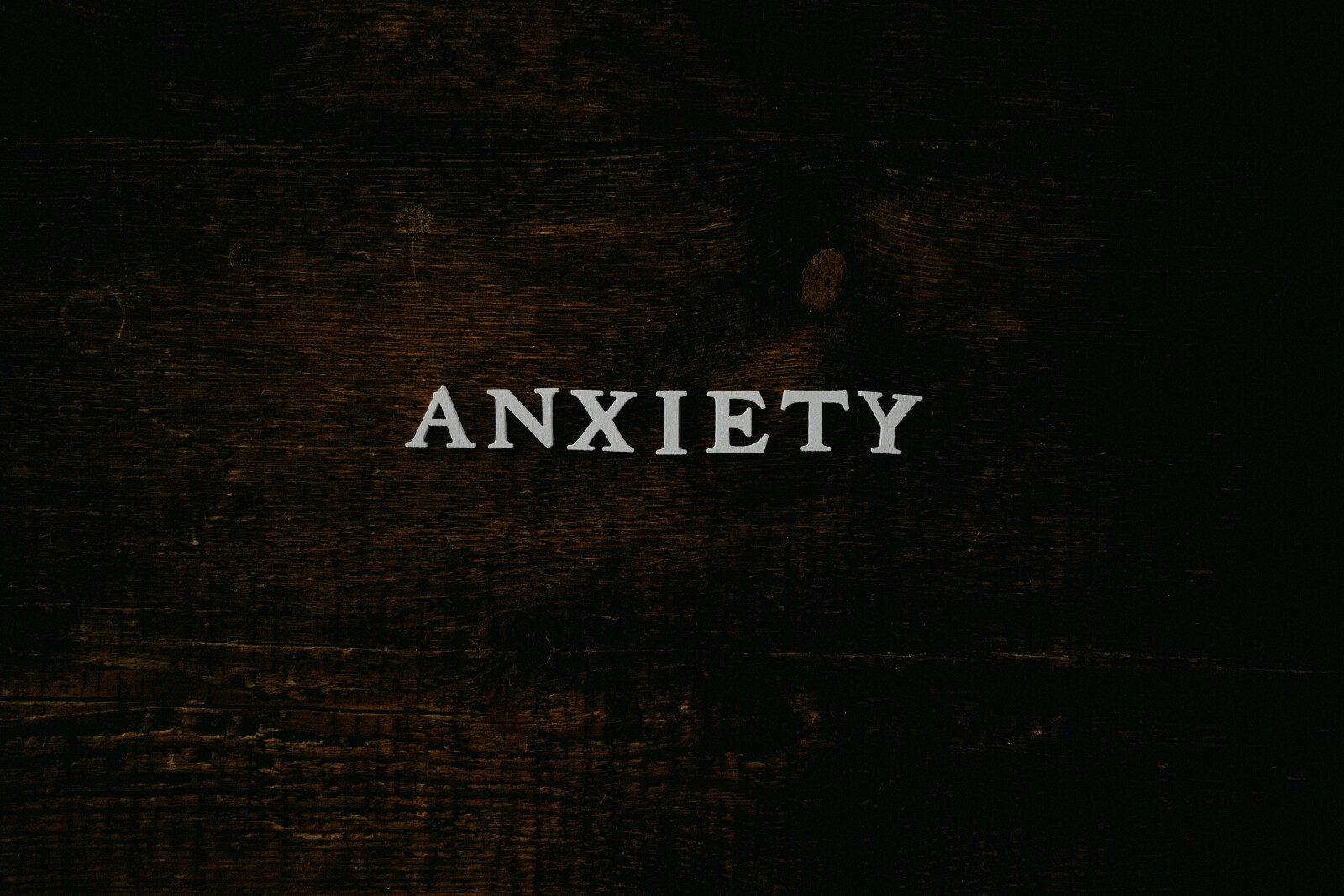
In a world that seems to whirl, juggle, and hurdle at alarming speeds, stress has cemented its villainous role as the uninvited guest at life's banquet. It's that incessant ringing phone or the relentless demands of everyday life that can leave us feeling more frazzled than fabulous. For 40-year-old mothers—battling a battalion of four children, chronic illness, and migraines—navigating the maelstrom of daily life can be overwhelming. Today, we chart a course through the storm, wielding knowledge as our compass and self-care as our life preserver.
Unveiling the Enigma: Stress Defined and Explored
What exactly is stress? Beyond the colloquial connotation, it encapsulates the interplay of emotions and the consequent physical response. It's the heartbeat that quickens before a speech, the mind that races before an interview, and it's the body's innate fight-or-flight reaction to a perceived threat. But stress, this complex emotion, isn't inherently a villain; acute stress can sharpen our senses and enhance performance in times of need.
However, when stress becomes a perpetually grating presence, it morphs into a chronic malaise, casting a shadow over our physical health and mental well-being. Mothers can attest to the day-to-day burden of relentless stress, yet understanding its divergence into a chronic presence is both liberating and crucial.
Peering Beneath the Surface: The Science 101 of Stress
To understand what stress does to our body, we must venture into the engine room of our physiology, where two key players orchestrate the stress symphony—cortisol and adrenaline. These hormones, secreted by the adrenal glands, serve as the body's emergency broadcast system, mobilizing resources for immediate use in response to stressors. However, when those stressors become chronic, a continuous flood of these hormones can wreak havoc on our various body systems.
The cardiovascular system is thrust into overdrive, rendering blood pressure and heart rate alarmingly high; the digestive system finds its rhythm disrupted, leading to nausea, stomach cramps, or a full-blown digestive breakdown; and the immune system, usually a stalwart sentry, is disarmed, leaving a vulnerability to attack. Our body seems to turn against itself, as chronic stress becomes the silent puppeteer of numerous health issues.
Picking up the Tensions of Life
Identifying the red flags—those uninvited guests that signal stress isn't just a transient visitor—is key. For moms, signs of stress might masquerade behind migraines, chronic pain, or frequent bouts of illness. These physical manifestations are the body's Morse code, urgently beckoning us to heed the call of self-awareness.
Yet the emotional coil of stress, often overlooked, is equally telling. When irritability, insomnia, and an unwelcome sense of being overwhelmed become all too familiar, it's time to chart a course of self-inquiry.
Unwinding Your Stress Receptor
Battling stress—like a strategic chess match—requires foresight and a keen eye for the moves ahead. The weaponry against stress is as natural as the villain it combats; engaging in mindfulness practices, maintaining an exercise regimen tailored to combat stressors, and adopting dietary shifts to fuel the fight against cortisol overproduction can be our motherly warriors' most potent tools.
But like any war worth fighting, balance is our unsung hero. Ensuring that personal time becomes non-negotiable, just as deadlines are met and household duties are dutifully dispatched, is part of the preventive armor against stress's siege on our health.
Rethinking Life to Shed the Load
Practicality marries our approach as we explore how changes in daily life can be stress combatants. Improved sleep becomes the twin in the dynamic duo of daily health habits; the social network evolves from supportive to essential, strengthening the psychological bannerman against the tides of stress.
It's a shift in perspective, not just practices, that liberates us from stress's chains. The pursuit of joy amidst the juggle, snatching moments of delight from the unrelenting clutches of responsibility, can transform the narrative from one of endurance to empowerment.
A Call to the Stressed and Strained
Bridling the beast of chronic stress is a collective endeavor—one that calls for shared wisdom, compassionate self-care, and an indomitable spirit. For the mothers grappling not just with family, but also with the formidable foe that stress sometimes becomes, the science of stress offers an arc of hope. An empowered approach, bolstered by knowledge and action, can unravel the complexities of stress, letting your body and mind return to a state of calm equilibrium.
The chronic storm of stress doesn't recede overnight. But with awareness, resilience, and the strategies shared, we can weather its tempest and emerge stronger on the other side. Remember, in the face of stress, knowledge isn't merely power—it's the compass that steers us toward a life less stormy, more serene. Here's to taking those first steps toward a more stress-resilient life.
For your quickstart guide to stress management, incorporating just a few minutes of meditation or deep breathing each day can be your anchor in the chaos. Your body, your mind, and your family will thank you for it.
















0 Comments